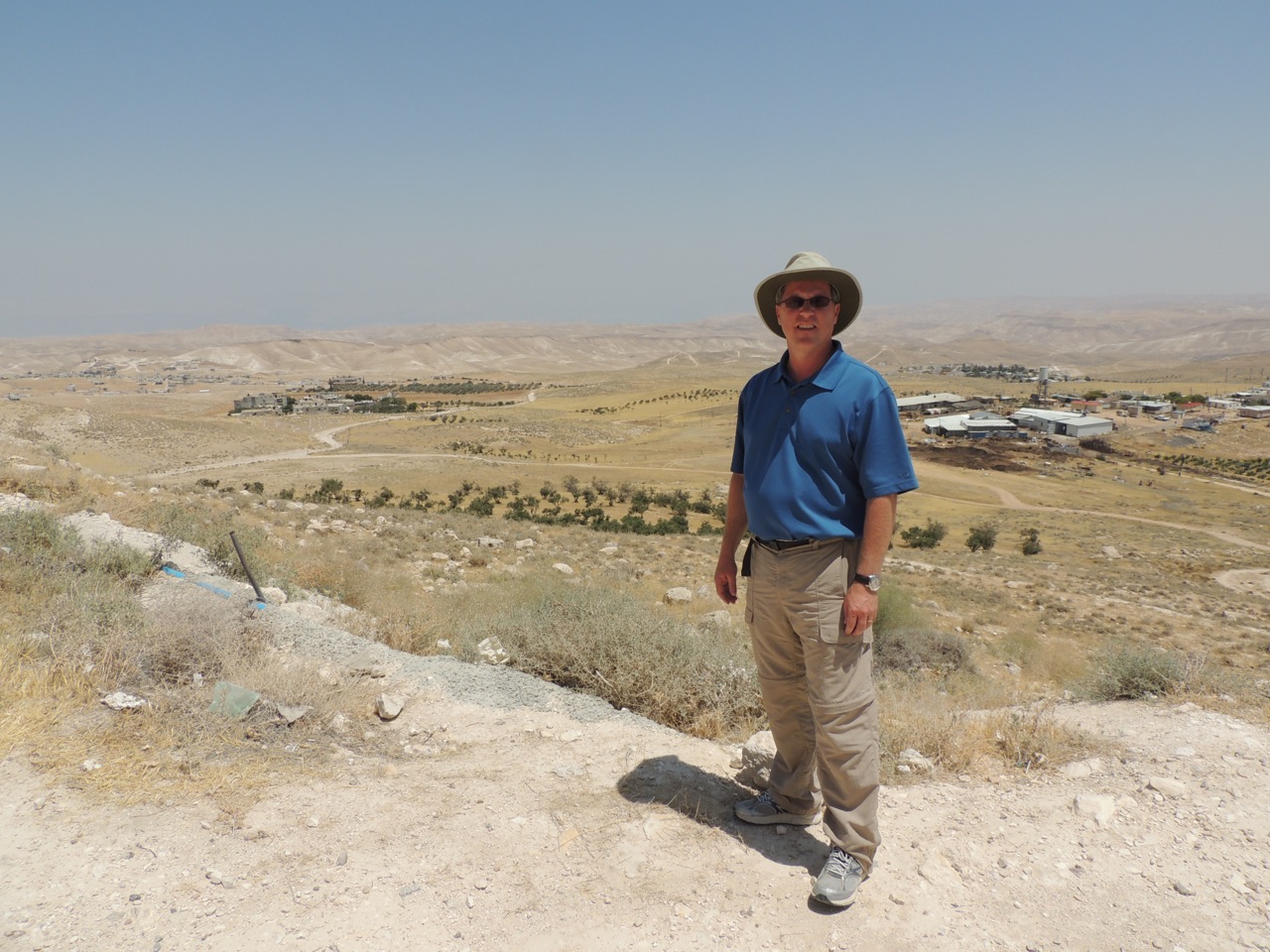 I grew up studying my Bible and learning that are contained in it. I knew that the Sea of Galilee was a body of water, I knew that Jerusalem was in the hills and I knew that Joppa had a port. But, it wasn't until my wife and I traveled to Israel in 2010 that I finally understood how geographically accurate the Bible really is. It gave me a fresh perspective to go back and relearn all of those Bible stories again.
A couple of days ago, Mr. Gary Byers wrote a very interesting piece about archaeology and traveling to the Bible lands. While I may have some doctrinal differences with Mr. Byers, I do agree with many of the things he said in this article. In one section, he says:
I grew up studying my Bible and learning that are contained in it. I knew that the Sea of Galilee was a body of water, I knew that Jerusalem was in the hills and I knew that Joppa had a port. But, it wasn't until my wife and I traveled to Israel in 2010 that I finally understood how geographically accurate the Bible really is. It gave me a fresh perspective to go back and relearn all of those Bible stories again.
A couple of days ago, Mr. Gary Byers wrote a very interesting piece about archaeology and traveling to the Bible lands. While I may have some doctrinal differences with Mr. Byers, I do agree with many of the things he said in this article. In one section, he says:
...in 2005, I took my first trip to Israel...as I visited the places where Jesus walked, the Old Testament cities and Jerusalem, it was the lay of the land and the ruins that made an impression on me. It was real to me in a new way. Travel like this creates a framework for study of the Bible. Archaeology exposes ancient ruins and provides clues to the way people lived so we can better understand the cultures and people mentioned in the text. Gaining a contextual framework for Bible study through archaeology and travel has given me a greater love for the Bible. Armed with a better mental picture of the biblical world, the pages of the Bible spring to life as I read. The message is the same -- it is God's true Word -- but I am able to approach this message with a fresh attitude.
Is it a requirement to travel to Israel to be a believer of God and a Christian? No. Does travel to Israel (and other lands of the Bible) help you understand the Bible stories? Absolutely. I enjoyed leading a tour of Israel last June and am looking forward to making plans for my next tour. If you are interested in going with me, just let me know. I'd love to talk with you about it.


